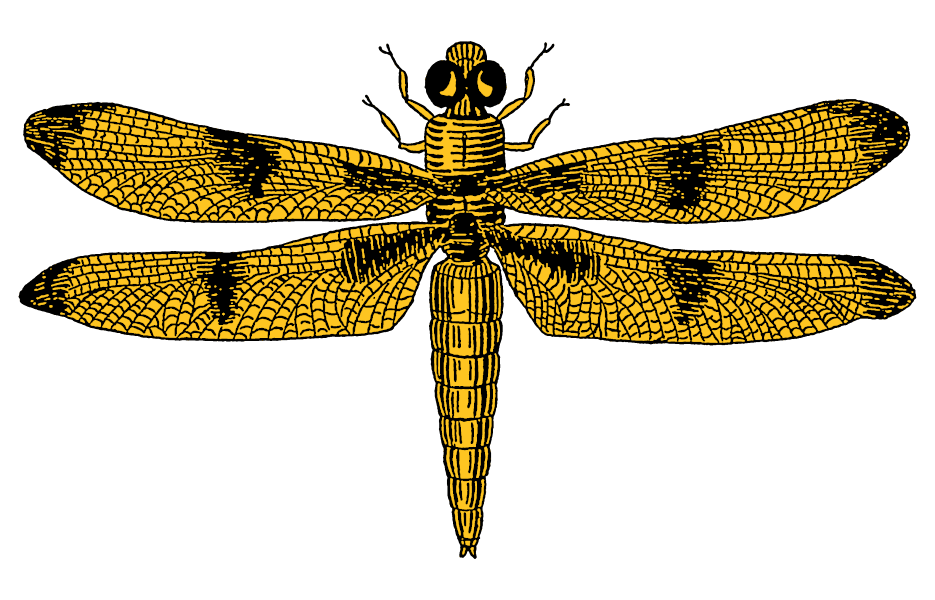You asked me once
if there was a list of things
I wanted to accomplish before
I died.
My list is so long.
I want to wander it all:
Arashiyama, Giant’s Causeway,
the glowworm caves of Waitomo.
Even the old coal mines
of Bibb County, Alabama,
even the cracked streets
of backwater towns no one
visits anymore but coyotes
and weeds.
I want to explore all the secrets
this world tucks into her rocky deserts,
into her wild grasslands, into the valleys
and caverns slung beneath her blue sea belly
like stretchmarks three days after
a new mother gives birth.
I want to write a thousand books
about all the beauty I’ve discovered,
about all the raw ugly beauty of us,
and buy with them a place
among my idols,
and if I can’t,
I want to subvert them:
to scrawl 10,000 poems
like graffiti into the walls of buildings
on every continent on this planet,
even goddamn Antarctica.
I want to hack the airwaves
and interrupt these
regularly scheduled programs,
to interject poem
after wild guerilla poem
between the nightly pundits
and the shitty sitcoms
and the car insurance commercials.
I want to experience weightlessness,
to slip the chains of orbit
and see the world the way asteroids do,
to fling my poems down from satellites
and watch them burn up like cinders
in the atmosphere or crash into cities
leaving craters so smoking and wide
they can never be forgotten.
I want schoolchildren to know my name;
I don’t give a damn if it’s for greatness
or for infamy.
All these grandiose things
are never going to happen.
But truth is, I don’t need
any of them to be content:
Let me hold your hand every night
for the rest of my life, even if
my fingers grow arthritic and gnarled.
Let me kiss you every morning
for the rest of my life,
even if, in my old age,
I forget the sound of your name.
Let me write for you
one little poem every day:
a haiku, a cherita, a rhyming couplet,
if that’s the only thing I can muster out.
I just want a poem for you
as the last words
to breathe past my lips.
That’s all I need.
This poem was originally published under the pen name Gabriel Gadfly.
